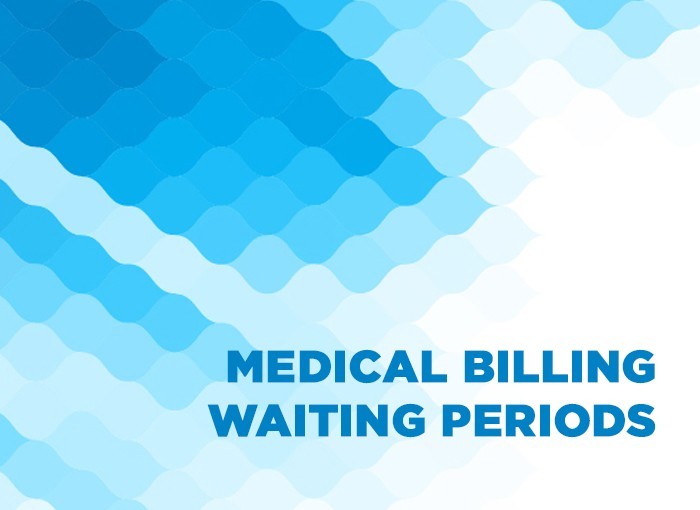What are Medical billing waiting periods?
As the name is self-explanatory, a waiting period is a time before your insurance plan benefits begin. In other words, the period during which you may not receive any insurance coverage is known as the waiting period or medical billing waiting period. This article will discuss the topic in detail including how a waiting period works and the types of waiting period.
Understanding Waiting Period in detail
In descriptive language, a waiting period is simply the amount of time for which you have to wait before some or all of the insurance coverage comes into effect. If you file a claim during the waiting period, you will not receive insurance benefits. A waiting period is also known as the elimination period and qualifying period.
Some Key Points
- Many insurance policies are likely to have waiting periods, including homeowners insurance, dental insurance, and short-term disability.
- Usually, companies with a high turnover rate in employees use waiting periods.
- Health insurance plans covering ailments such as cancer or maternity care have long mandatory waiting periods.
- Pre-existing condition exclusion: Many health insurance policies may wait for a specific time period before starting coverage for your pre-existing health condition (ailment or injury).
How does a Waiting Period work?
The waiting period varies with each insurer, policy, and type of insurance. It’s also possible that the cost of a premium may reduce marginally in case of extended waiting periods before insurance coverage gets active. There are several types of waiting periods and the regulatory body for the same, Health Insurance Portability and Accountability Act (HIPAA), makes sure that it does not exceed a period of three months.
Let’s understand the types of waiting periods to get clarity. If you are an employee, your employer waiting period may require you to wait for a specified period (three months) before you start getting company-subsidized health care services. Usually, companies with an expected high turn-over rate in employees are likely to have this provision in place. After enrollment, you may have an extra waiting period before you could get the insurance coverage.
Types of Waiting Periods
- Short-term disability waiting periods – It may have waiting periods as short as a few weeks. However, these policies are likely to have higher premiums. Most short-term policies wait 30 to 90 days for coverage.
- Long-term disability wait periods – The waiting period varies between 90-days and a full year. You cannot take an insurance benefit during the probation period. Disability payments will also have a waiting period of five months for Social Security.
- Pre-existing diseases waiting period – A pre-existing condition exclusion period may vary from one to 18 months. If you have a pre-existing illness before purchasing the policy, you will not get coverage for the mentioned time period. You may receive limited or no coverage for the pre-existing condition. However, if you can show that you had uninterrupted insurance previous to changing policies, your coverage can count towards the pre-existing condition exclusion.
- Waiting period for specific diseases – There are waiting periods for specific health conditions. The following health conditions come with long mandatory waiting periods in most of the health insurance plans:
| Medical condition | Expected Waiting Period |
| Cancer and cardiovascular care | Up to 2 years |
| Maternity care | 30 to 90 days (maximum waiting period may go up to 10-12 months) |
| Dental care | Usually 6 to 12 months Note: You may have an extra waiting period if you often receive specific dental treatments e.g. denture replacement may be restricted to once every five years. |
Waiting periods may vary by the insurance provider. In coastal areas, new policies usually do not come into effect until a named storm in the area passes. Many health insurance companies have started to provide coverage for coronavirus as well. However, you may experience a short waiting period for the insurance plans covering Covid-19 as well.




